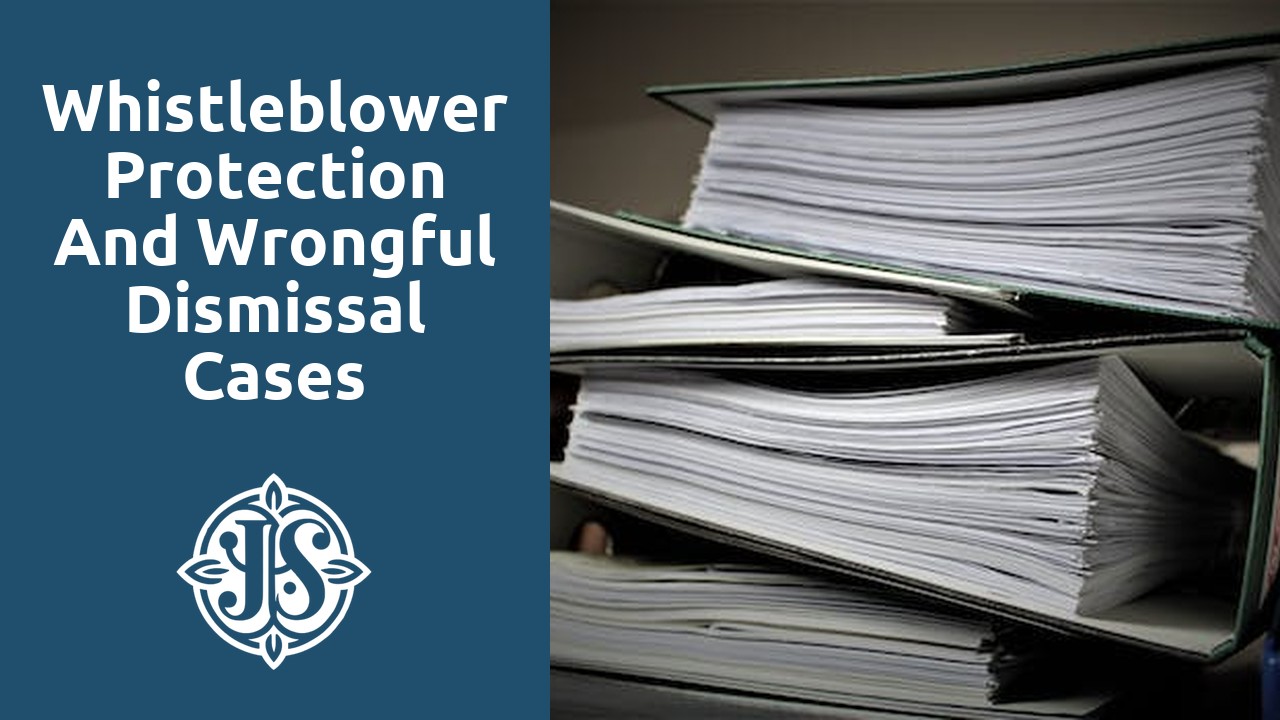Contents
- 1 Safeguarding Your Property Investments: Essential Legal Measures
- 2 Maximizing Security for Your Real Estate Portfolio: Expert Advice
- 3 The Power of Legal Strategies in Preserving Your Assets
- 4 Achieving LongTerm Financial Stability: Real Estate Asset Protection
- 5 Shielding Your Real Estate Investments: Key Legal Considerations
- 6 Preserving Your Wealth: Legal Tools for Real Estate Asset Management
Table Of Contents
Safeguarding Your Property Investments: Essential Legal Measures
The property market can be a risky place, and as a real estate investor, it’s crucial to take essential legal measures to safeguard your property investments. One of the first steps you can take is to ensure proper documentation of all your property transactions. This includes detailed contracts and agreements that clearly outline the terms and conditions of the sale or lease. By having a solid legal foundation, you can protect yourself against any potential disputes or legal issues that may arise in the future.
Another important legal measure is to conduct thorough due diligence before making any property investments. This involves conducting comprehensive research on the property, its ownership history, and any potential legal complications. Additionally, it’s essential to consult with legal professionals, such as real estate attorneys or property experts, who can provide expert advice and guidance throughout the buying or selling process. These professionals can help you navigate complex legal requirements and ensure that you are complying with all necessary regulations and laws. By taking these essential legal measures, you can safeguard your property investments and minimize the risks associated with real estate transactions.
Maximizing Security for Your Real Estate Portfolio: Expert Advice
When it comes to maximizing security for your real estate portfolio, seeking expert advice can make all the difference. A seasoned professional in the industry will provide valuable insights on legal measures that can be taken to protect your assets. They will help you identify potential risks, devise strategies to mitigate those risks, and ensure that your investments are safeguarded for the long term.
One of the key aspects of expert advice in securing your real estate portfolio is understanding the local laws and regulations. Real estate laws vary from one jurisdiction to another, and having a deep understanding of the legal landscape is crucial. An expert can guide you through the intricacies of property ownership, zoning restrictions, and landlord-tenant laws, among other things. This knowledge will enable you to make informed decisions and take proactive measures that align with the legal framework, ultimately bolstering the security of your real estate investments.
The Power of Legal Strategies in Preserving Your Assets
Legal strategies play a pivotal role in preserving and safeguarding your real estate assets. With the ever-changing landscape of laws and regulations, it is crucial to have sound legal measures in place to protect your investments. Whether you own multiple properties or are just starting to build your real estate portfolio, understanding the power of legal strategies is essential for long-term financial stability.
One of the key advantages of legal strategies in preserving your assets is the ability to mitigate risks. By structuring your real estate holdings through legal entities such as trusts or limited liability companies (LLCs), you can protect your personal and business assets from potential lawsuits or claims. These entities provide a layer of separation between your personal finances and your real estate investments, shielding you from individual liability. With appropriate legal strategies in place, you can reduce the risk of losing your hard-earned wealth due to unforeseen circumstances.
Achieving LongTerm Financial Stability: Real Estate Asset Protection
Achieving long-term financial stability is a top priority for any real estate investor. In order to protect your valuable assets, it is essential to implement effective legal strategies. Whether you own commercial properties, residential buildings, or raw land, safeguarding your real estate investments should be a key focus.
One of the most powerful legal tools for asset protection is the creation of a limited liability company (LLC). By forming an LLC, you create a separate legal entity that shields your personal assets from any liabilities related to your real estate investments. This means that if a tenant sues you or if there are any financial issues with your properties, your personal assets like your savings, home, or other investments will be safeguarded. An LLC also provides a level of privacy, as your personal name will not be directly associated with the properties you own. It is important to consult with a knowledgeable attorney who specializes in real estate law to assist you in setting up an LLC and to ensure that all necessary legal documents are in order.
Shielding Your Real Estate Investments: Key Legal Considerations
Shielding Your Real Estate Investments: Key Legal Considerations
When it comes to safeguarding your real estate investments, understanding the key legal considerations is essential. These considerations can help you protect your assets and minimize risks in the ever-changing real estate market.
Firstly, it is crucial to establish a strong legal structure for your investments. This can involve setting up a limited liability company (LLC) or a trust to hold your properties. By doing so, you can separate your personal assets from your real estate investments, allowing for better protection in case of legal disputes or financial setbacks. Additionally, having a legal structure in place can provide tax advantages and flexibility in managing your properties. It is important to consult with a qualified attorney to determine the best legal structure for your specific situation.
Preserving Your Wealth: Legal Tools for Real Estate Asset Management
Preserving your wealth and protecting your real estate assets requires careful planning and utilization of effective legal tools. One key legal strategy for managing your real estate portfolio is the establishment of a limited liability company (LLC). An LLC provides a level of liability protection by separating your personal assets from your real estate investments. This means that if a legal claim arises from one of your properties, your personal wealth and assets are shielded from any potential losses. Additionally, an LLC allows for greater flexibility in managing your real estate assets, as it allows for the easy addition or removal of properties from the company’s ownership.
Another important legal tool for asset management is the use of trusts. A trust is a legal entity that holds your real estate assets for your benefit or for the benefit of designated beneficiaries. By transferring ownership of your properties to a trust, you can protect them from potential creditors or legal claims. Trusts can also be utilized to ensure the smooth transfer of your real estate assets to your chosen heirs upon your passing, minimizing potential estate taxes and probate expenses. Furthermore, trusts can provide anonymity, as the ownership of the properties held in a trust does not need to be publicly disclosed. By using these legal tools for real estate asset management, you can not only safeguard your wealth but also optimize your financial stability in the long run.
Related Links
The Future of Real Estate Transactions: Digital Contracts and E-Signatures
Accessibility Requirements in Canadian Property Law




